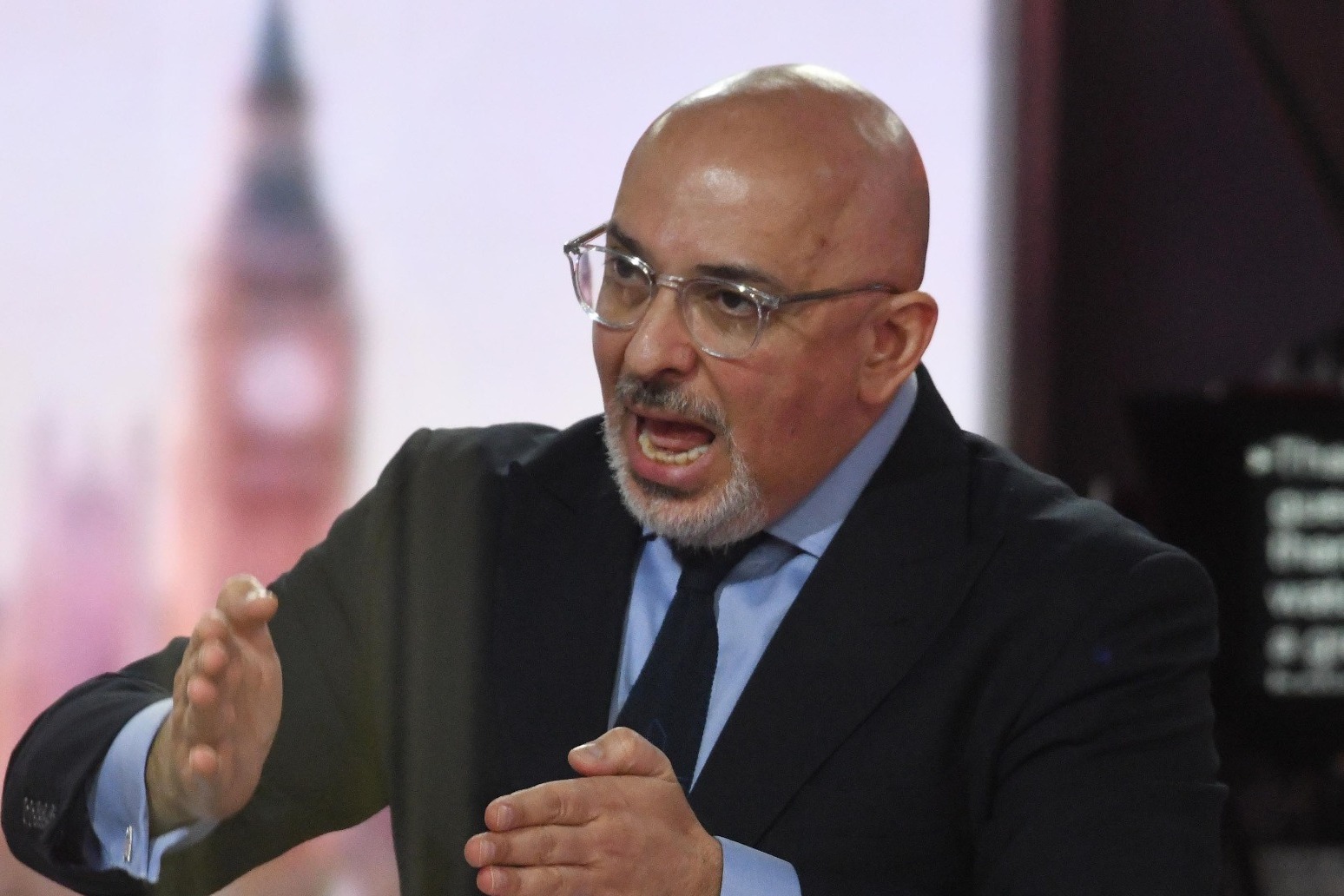
Zahawi: WHO must be allowed to investigate origins of Covid pandemic
The World Health Organisation (WHO) must be allowed to fully investigate the origins of the Covid pandemic, the UK’s vaccines minister has said.
Nadhim Zahawi’s comments come after the Sunday Times reported that British agents now believe it is “feasible” that the crisis began with a coronavirus leak from a Chinese research laboratory in Wuhan.
The newspaper reported that the development, which Beijing has angrily denied, has prompted US diplomatic sources to share their concerns that “we are one wet market or bio lab away from the next spillover”.
China has previously faced claims that the Wuhan Institute of Virology could be the suspected source of the Covid-19 virus.
Mr Zahawi told Sky News: “I think it’s really important that the WHO is allowed to conduct its investigation unencumbered into the origins of this pandemic and that we should leave no stone unturned to understand why, not only because of the current pandemic that has swept the world, but also for future-proofing the world’s capability to deal with pandemics.”
Mr Zahawi was asked if he could trust the WHO after a team of experts from WHO and China said in February that the virus was “extremely unlikely” to have entered the human population as a result of a laboratory-related incident.
Dr Tedros Adhanom Ghebreyesus, director general of the WHO, said that he did not believe the initial report was “extensive enough” and called for more research, adding that all hypotheses into the origins of the virus that causes Covid-19 “remain on the table”.
Mr Zahawi said: “I think the WHO at every step of the way has tried to share as much data with the world as it is able to verify.
“This is a very difficult situation, as we’ve seen around the world, not just in the WHO but in our own country, with our own evidence gathering and, of course, advice and in other countries, every country, whether it’s Singapore or Australia or New Zealand or elsewhere.
“We have all had to collect evidence and then act upon it and I think it is only right that the WHO is allowed to conduct its investigation unencumbered to be able for all of us to understand and be able to deal with future pandemics.
Professor Dale Fisher, part of the WHO team that visited China, said the lab leak theory had not been ruled out but there was little evidence for it.
“China has had many instances where there has been whistleblowers before and to me that’s another striking point here, is that there is no whistleblower,” he told BBC Radio 4’s The World This Weekend.
“So, in fact, the only evidence in my mind for there being a lab leak is that there was a lab.”
He added: “The lab leak theory is not off the table, there’s more research to be done.”
It comes after US President Joe Biden ordered his intelligence officials to “redouble” their efforts to investigate the origins of the pandemic, including any possibility the search might lead to a Chinese laboratory.
Mr Biden asked US intelligence agencies to report back within 90 days, and he said that he aimed to release their results publicly.
Charles Parton, a former diplomat who worked in China and senior associate fellow at the Royal United Services Institute (Rusi), told Times Radio that if the virus had escaped a lab it would have been an accident.
He suggested efforts should be made to “keep the temperature down whatever is discovered”.
He added: “It may be that scientists are clever enough without access to Chinese laboratory records to work out fairly conclusively over time how it came to come out and maybe it was a leak.
“If that’s the case, and it’s a big if, we should nevertheless not be too blaming because we have got to look to the future and try to get Chinese cooperation.”
He said measures such as “UN nuclear inspection mechanisms” should be in place to monitor laboratories.
“I think in the immediate aftermath of this pandemic it’s going to be a very sensitive matter to set that up because the Chinese will see that as an accusation of fallibility,” he said.
Published: by Radio NewsHub